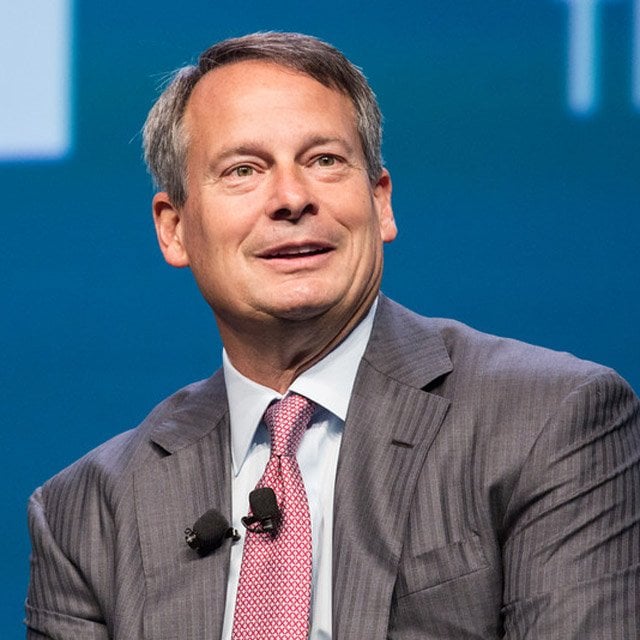Schwab Beats Q1 Revenue Target After Tough Year

Net new assets, meanwhile, droped over 41% relative to the first three months of 2023 to $88.2 billion, although that level is up 33% from last year’s fourth quarter. In advisor services, net new assets were $53.3 billion in Q1, which is down 25% from a year ago but up 29% from the prior period.
Peter Crawford, the chief financial officer, said net interest margin expanded by 13 basis points quarter-over-quarter to 2.02%, primarily due to greater margin balance utilization and a decline in outstanding supplemental funding. Total supplemental funding decreased by $8.8 billion from the prior year-end to finish the quarter at $70.8 billion.
According to the earnings presentation, client transactional sweep cash balances ended March at $399.2 billion, with bank sweep deposits and broker-dealer free credit balances above levels observed immediately before the late-2023 seasonal build.
Asset management and administration fees increased by 21% over the prior year to a record $1.3 billion, while a mix shift in client trading activity compressed the average revenue per trade to $2.25, down 5% versus the final quarter of 2023.
Year-over-year expenses benefited from the effect of ongoing incremental cost savings, with total expenses declining by 2% as acquisition and integration-related costs, amortization of acquired intangibles and restructuring costs came in 40% lower at $140 million.
Exclusive of these items, adjusted total expenses grew by 1% relative to the prior year, reflecting higher volume-related costs, including elevated client engagement amid higher market valuations.
The executives noted that a 10% headcount reduction over the prior year has helped the firm manage its costs, and Crawford said he anticipates “flatish expense growth” in the year ahead.
Charles Schwab Bank’s capital ratios continued to build, with preliminary Tier 1 Leverage and adjusted Tier 1 Leverage reaching 10.4% and 5.7%, respectively.
Pictured: Walt Bettinger




